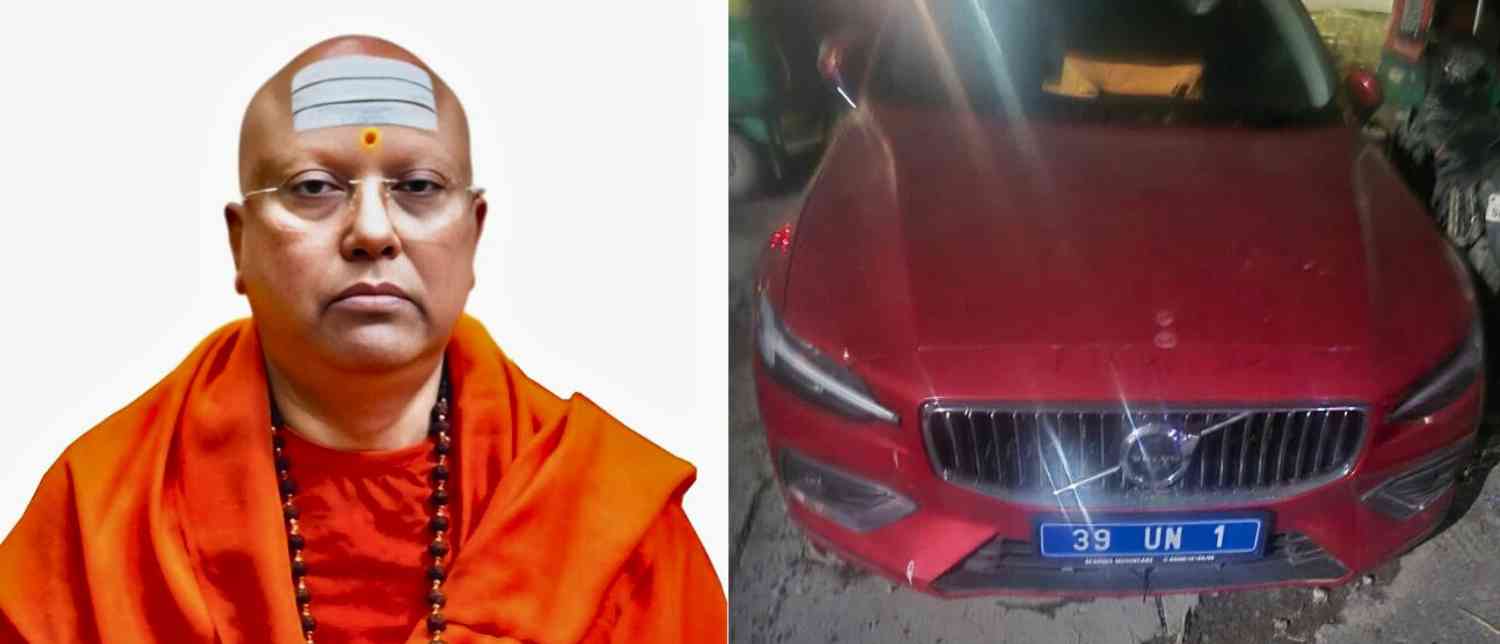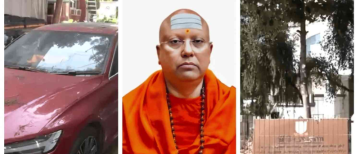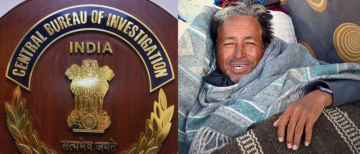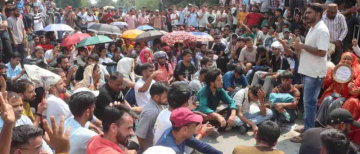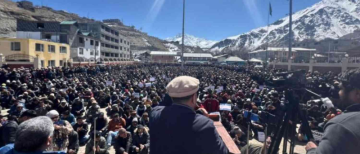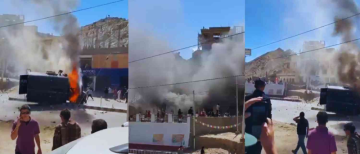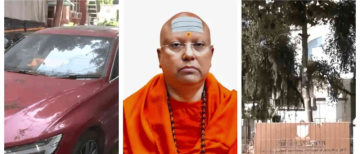A shocking case has come to light in Delhi where the chief of a religious institute has been accused of molesting 17 women students. What makes the matter even stranger is that he was later found driving a Volvo car that carried a fake United Nations (UN) number plate, raising serious questions over how such false symbols of power can be misused. The police have booked him under multiple charges and the investigation is still unfolding.
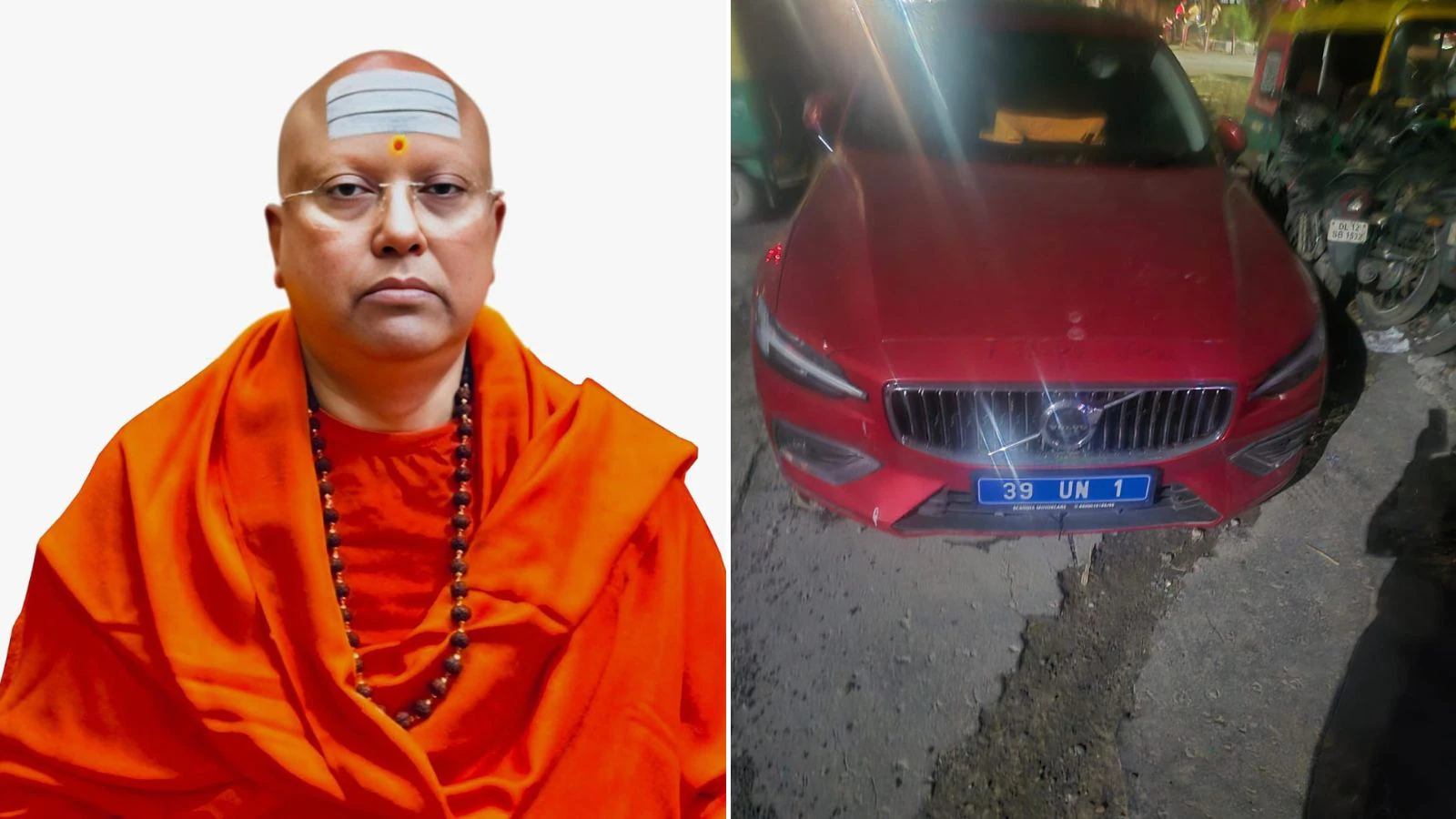
According to officials, several women filed complaints describing how the institute chief, who was supposed to act as their spiritual guide, instead took advantage of his position over time. Their testimonies, recorded separately, pointed to a consistent pattern of misconduct. These accounts form the basis of a case registered under Indian Penal Code provisions that deal with sexual harassment and outraging the modesty of women.
While the molestation allegations alone were alarming, the discovery of the luxury Volvo with a fake UN plate added another angle altogether. Investigators suspect the car and the forged plate were used to project false authority and mislead people. Driving around in vehicles that resemble official or diplomatic cars often helps criminals avoid suspicion, as many hesitate to question someone who appears to be connected to powerful agencies. The police are now probing whether he had external help in acquiring the plate, and whether it was also used for other illegal activities beyond impression-making.
The situation has left the local community shaken. Religious institutes are regarded as safe havens where families trust their children will receive guidance, discipline, and moral learning. When the person at the helm of such an institute is accused of exploiting students, it strikes at the very foundation of this trust. Many parents and guardians expressed anger and disappointment, while activists pointed out that this is yet another example of how unchecked authority in closed institutions often results in abuse.
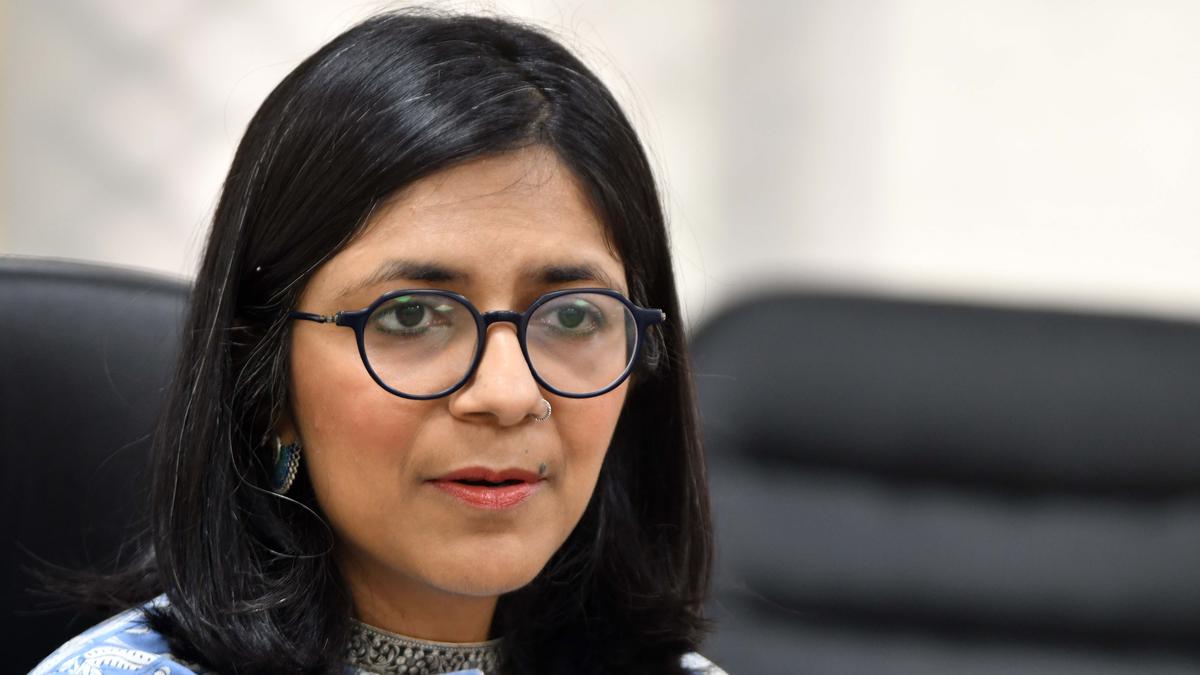
Women’s rights organisations have been especially vocal, demanding a thorough and swift probe. They argue that young women who depend on hostels, schools, and religious institutes for education often find it difficult to raise their voices when the abuser is in a position of power. This case, they say, should serve as a turning point to strengthen mechanisms that allow complaints to be made confidentially and acted upon quickly.
Beyond the immediate legal case, this incident raises wider concerns for society. Firstly, it highlights the urgent need for closer monitoring of institutes that house or train students, be they religious or educational. Secondly, it shows the dangers of fake symbols of power such as forged number plates, which can easily be used to gain respect or avoid questions. Finally, it serves as a reminder that no institution or leader should be seen as being above scrutiny simply because of their status.
At the same time, while accusations appear serious, it is important to remember that the legal process must unfold without prejudice. The accused has the right to defend himself, and the court must decide based on evidence. However, this should not come at the cost of silencing survivors. Authorities must ensure that the women who have spoken up feel protected and supported, so their accounts are heard fairly and without fear of retaliation.
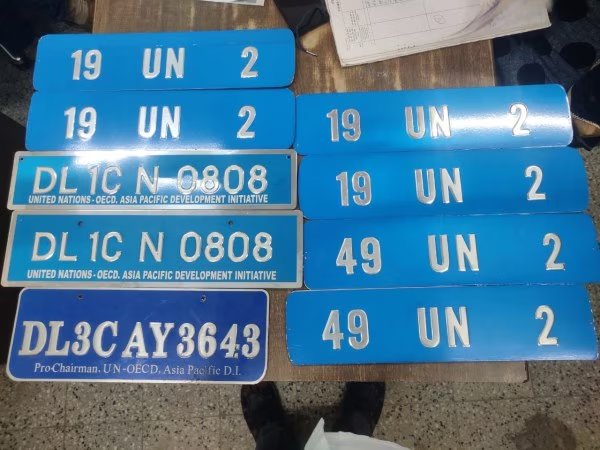
In the end, the Delhi case is not only about holding one man accountable; it is also about society re-examining how power can be misused against the vulnerable. A religious or educational space should always remain secure and trustworthy. When that trust is broken, the damage goes far beyond the immediate victims—it creates fear, anger, and loss of faith in institutions. The responsibility now lies with both law enforcement and community leaders to make sure such betrayals are not repeated, and that justice is delivered in a way that restores faith in the system.
With inputs from agencies
Image Source: Multiple agencies
© Copyright 2025. All Rights Reserved. Powered by Vygr Media.

